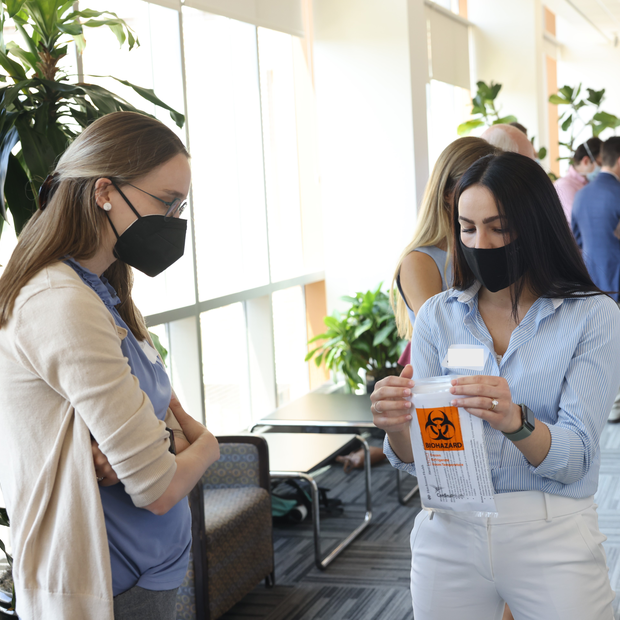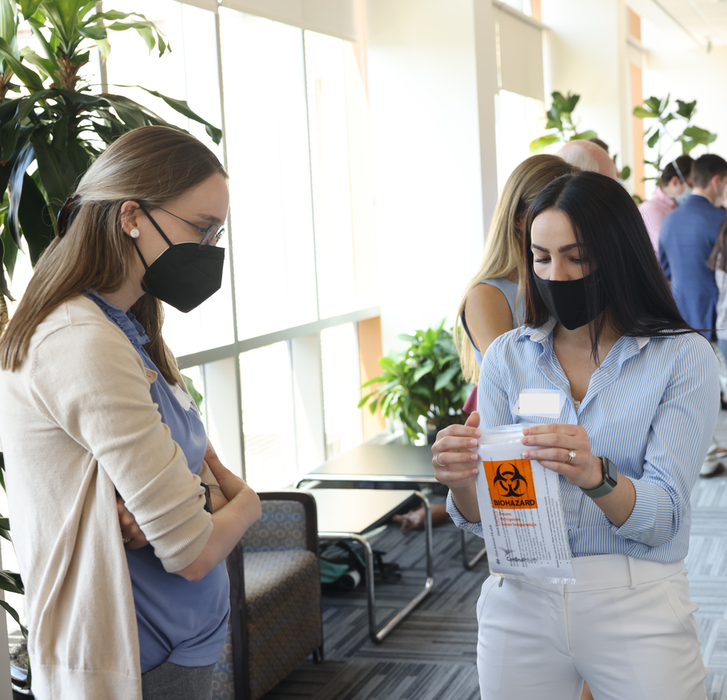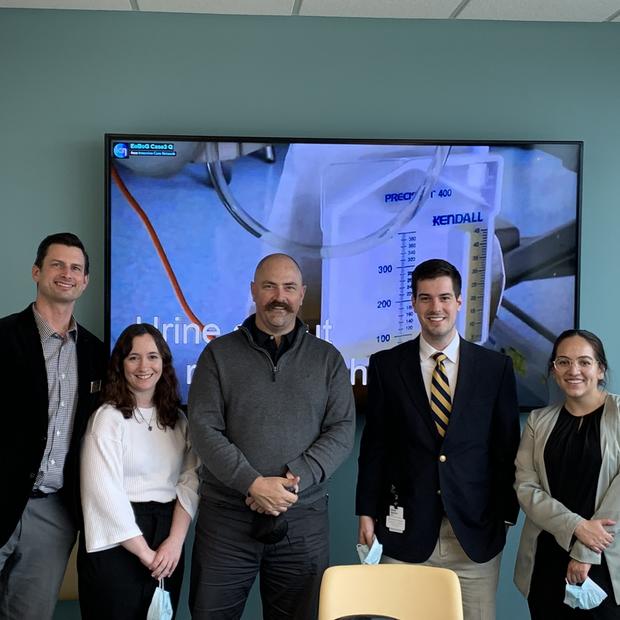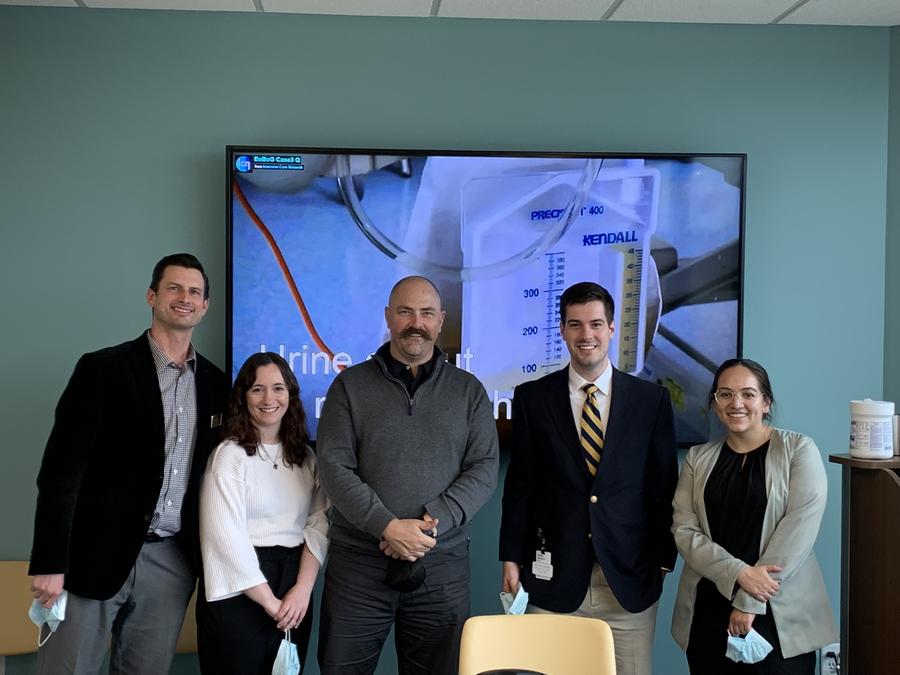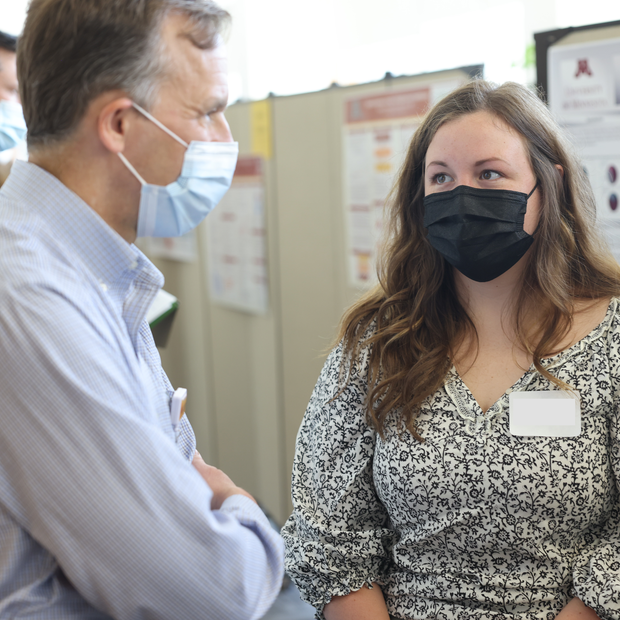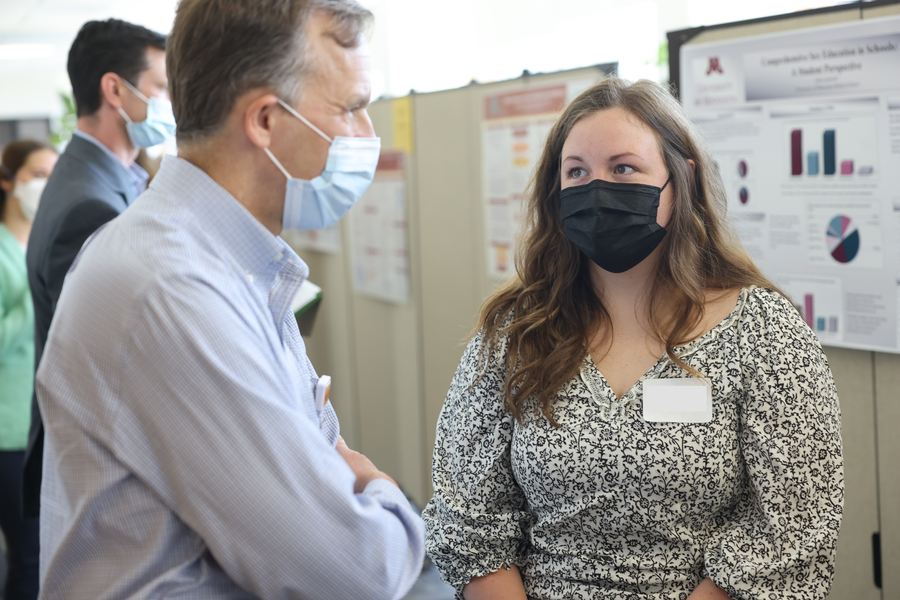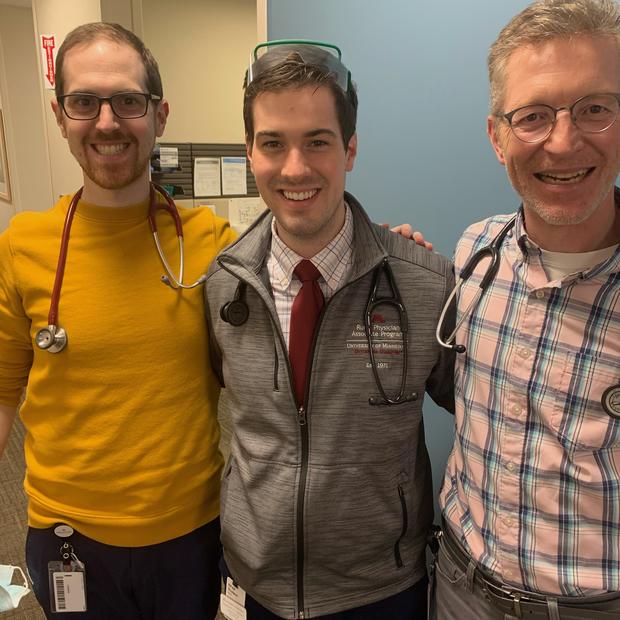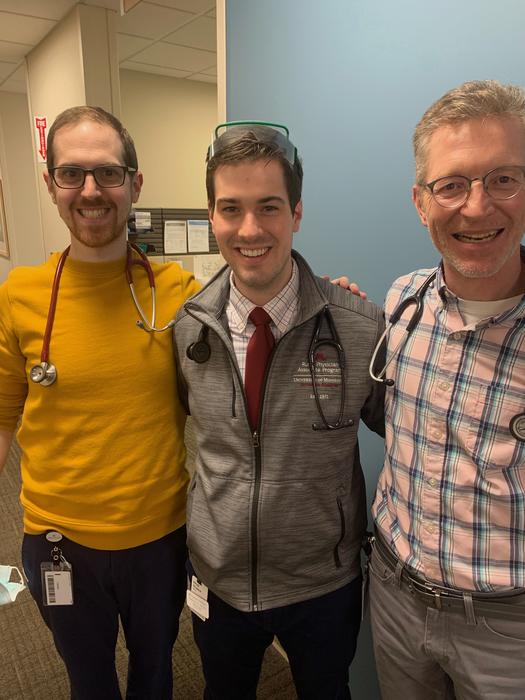Curriculum
The RPAP curriculum encompasses a variety of teaching methods ranging from on-site activities to distance learning/online assignments. Students are visited by RPAP faculty several times throughout their RPAP experience to monitor student progress and participate in formal case presentations and one-on-one doctor/patient communication skills development sessions. Students also complete a series of online rural healthcare modules which are designed to provide the student with a deeper understanding of the health care needs of their RPAP community, and rural health in general.
Students return to the Twin Cities campus at the end of April to finish their remaining elective and required rotations. Years 3 and 4 requirements and course descriptions are available on the Medical Education website.
RPAP begins in Period S4. Students enrolled in RPAP must successfully complete the Medicine 1 clerkship (MED 7500) before the start of RPAP. They will also complete 2-week "bursts" in Pediatrics, Psychiatry, and for some students in OB/Gyn on either the Twin Cities or Duluth campus.
Students must pass Step 1 of the USMLE board examination by the start of the program. We strongly recommend students complete the exam by the end of April before prerequisites begin. Please reach out to our office or the office of Learner Development with questions.
The RPAP Curriculum contains 36 weeks of hands-on credit, 2 UMN Medical School intersession weeks, and 2 weeks of vacation.
At the start of clinical immersion, RPAP students will take their Step 1 exam, complete Med 1, and 2-week “bursts” of Pediatrics and Psychiatry on the Duluth and Twin Cities campuses.
Once in their communities, RPAP students will complete INMD courses to fulfill clerkships in:
- Surgery (4 weeks)
- Emergency Medicine (4 weeks)
- OB/GYN (4 weeks)
- Peds (remaining 2 weeks)
- Psych (remaining 2 weeks)
- Family Medicine (4 weeks)
- Primary Care Acting Internship (8 weeks)
- Advanced Surgery and Procedures (4 weeks)
- Outpatient Selective (4 weeks)
Like all clerkships, the RPAP curriculum also includes the completion of online rural health modules. These modules are designed to help students gain a deeper understanding of the healthcare systems, needs, and solutions for their RPAP communities. Topics include:
- Principles of Preventive Care
- Minnesota Health Care for Rural and Urban Underserved Populations
- Quality Improvement
- Evidence-Based Medicine Project
- Emerging Models in Health Care
- End-of-life Care
- Community Health Assessment Project
These modules consist of a brief series of readings and short assignments.
Students will participate in a number of site visits with faculty throughout the year. Learn more about the site visits below.
Communication Session Visits (CSV)
In Communication Session (CS) visits, an RPAP core faculty member will visit the student in their community for a day.
At the first CS visit the core faculty will observe a student-patient interview, and the student and the core faculty will discuss communication skills as well as how various psychosocial factors may relate to the patients’ presenting complaints. For the remainder of the visit, the core faculty member will shadow the student working with the preceptor; seeing and presenting patients.
The second CS visit is an opportunity for the core faculty to observe the student's progress in interviewing and providing patient care. In the afternoon, students will also discuss educational experience during RPAP and the residency selection process.
Goal
The goal of these Communication Session visits is to increase the student's competence in communicating both with and about the patient.
Specialty Faculty Visits (SFV)
For Specialty Faculty Visits (SFVs), students gather once per month for four months in small groups at assigned sites. A visiting faculty member from one of the departments of Family Medicine, Surgery, OB/GYN, Internal Medicine or Pediatrics, and an RPAP core faculty member travel to spend the day with the cluster.
Each student is required to prepare a case presentation. The visiting faculty will conduct a teaching presentation over the lunch hour. Through formal presentations and discussion of patient cases, SFVs provide group learning experiences in specialties. Physicians and students will also have conversations about specialty discernment, patient populations, and wellness techniques.
Goals
- Deepen basic science and clinical knowledge in core subject areas
- Strengthen teaching and formal presentation skills
- Further develop skills in evidence-based medicine
- Allow students to meet and chat with key University faculty in the departments of Family Medicine, Internal Medicine, OB/GYN, Pediatrics, and/or Surgery.
The Community Health Assessment (CHA) project is a cornerstone of RPAP and MetroPAP. All students will immerse themselves in their community through this project throughout the duration of their RPAP experience. Students will work with local community partners to identify community needs, design a project, complete online modules on community health and the ethics of community engagement, and implement their project. By the end of the program, students create and present a poster at RPAP/MetroPAP End of Year events. Some students also decide to present their poster at another conference or write up a case report.
